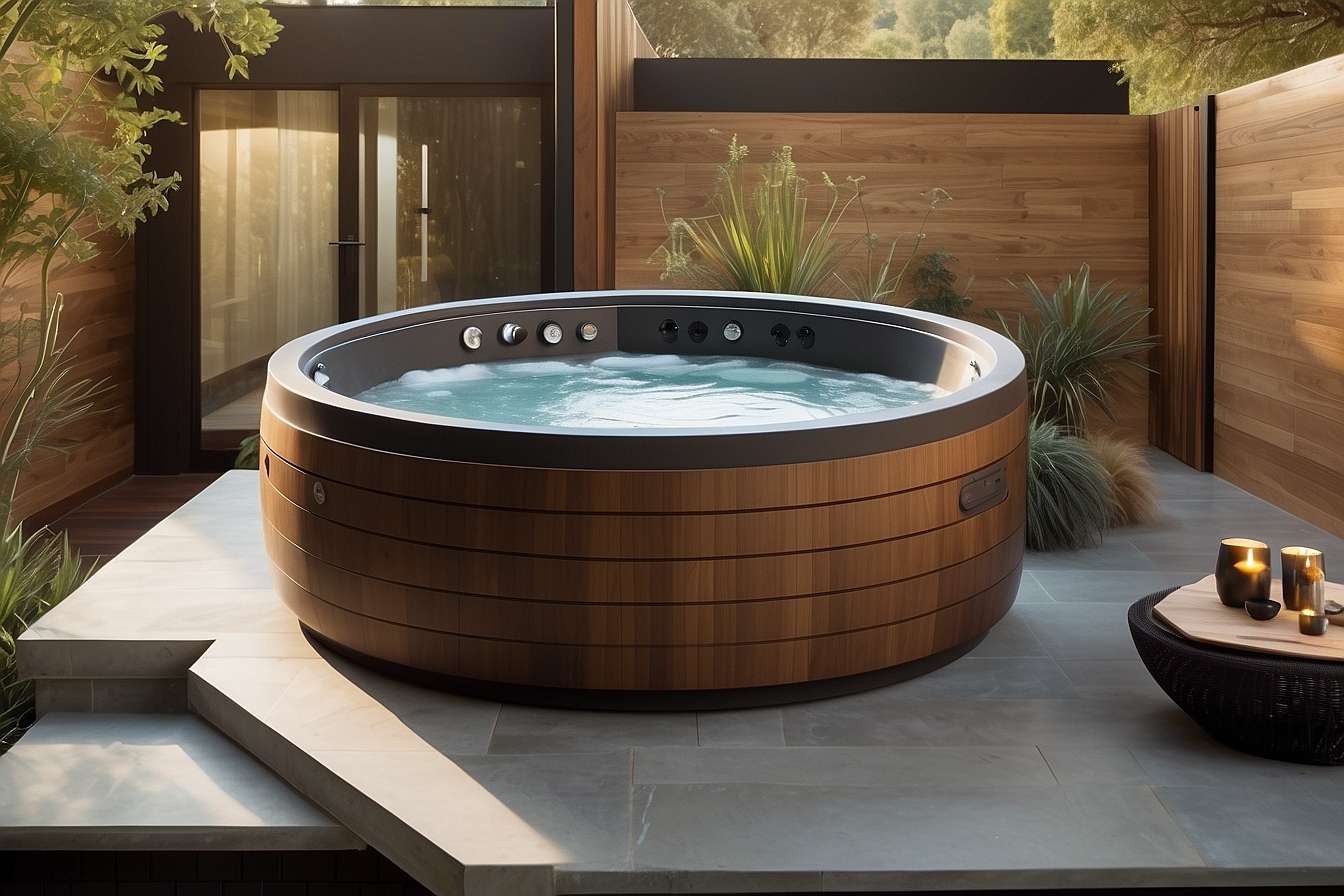Choosing the Right Hot Tub: Spa, Jacuzzi, Inflatable, Wooden
A hot tub can transform a backyard or indoor space into a place for relaxation, socializing, and muscle recovery. Whether you’re exploring a classic spa unit, a branded jacuzzi, a portable inflatable hot tub, or a handcrafted wooden hot tub, understanding differences in function, maintenance, and installation will help you choose a model that fits your lifestyle and space.

hot tub: what is a modern hot tub and why choose one?
A hot tub is a heated pool designed for soaking, often fitted with jets, seating, and controls for temperature and circulation. Modern hot tubs vary by size—from two-person models to larger social units—and by features like programmable jets, LED lighting, and energy-saving insulation. Consider how you’ll use it: daily hydrotherapy sessions, weekend socializing, or occasional relaxation. Energy efficiency, warranty coverage, and access to local services for installation and repairs are important. Placement also matters; ensure a stable, level base and proper electrical supply by consulting professionals in your area.
spa: how does a spa differ from other units?
“Spa” often describes both the physical unit and the broader wellness experience. In product terms, spas usually emphasize therapeutic features: targeted jet configurations, ergonomic seating, and filtration systems designed for clearer water. Spas may include advanced controls for water chemistry and energy management, plus extras like waterfalls or Bluetooth audio. If hydrotherapy is a priority—for joint relief or stress reduction—look for adjustable jets and proven circulation systems. Regular maintenance of filters and sanitizer systems is essential to keep a spa operating efficiently and to maintain water quality over time.
jacuzzi: is a Jacuzzi different from a spa or hot tub?
Jacuzzi is a well-known brand name that became synonymous with jet-driven hot tubs. A Jacuzzi-branded unit typically prioritizes powerful jets engineered for therapeutic massage, and the company offers a range of sizes and feature levels. When comparing Jacuzzi products to other spas, assess warranty terms, dealer support, and parts availability. Brand reputation can be valuable, but similar performance may be available from other reputable manufacturers. For medical or therapeutic uses, discuss your plans with a healthcare professional. This article is for informational purposes only and should not be considered medical advice. Please consult a qualified healthcare professional for personalized guidance and treatment.
inflatable hot tub: are inflatable options worth considering?
Inflatable hot tubs are portable, budget-friendly, and easy to set up on a flat surface like a patio or deck. They’re made from durable PVC or reinforced vinyl and typically use an external pump and heater system. Advantages include portability, lower upfront cost, and no permanent installation. Limitations are temperature range, lower insulation efficiency, and generally reduced jet power compared with rigid shells. Inflatable hot tubs are ideal for renters, seasonal use, or those testing whether a hot tub fits their lifestyle. Expect routine maintenance like chemical balancing and careful cleaning to extend the tub’s life.
wooden hot tub: what are the features of a wooden hot tub?
Wooden hot tubs offer a classic aesthetic and natural insulation properties. Constructed from cedar, teak, or other rot-resistant woods, these tubs may be heated by electric elements or traditional wood-fired heaters. Wooden hot tubs typically hold heat well and can provide a rustic, spa-like atmosphere. They require specific care: occasional wood treatment, draining and cleaning between seasons, and attention to leaks or swelling. Installation often requires a suitable foundation and possibly local services for heater installation and periodic maintenance. Wooden tubs appeal to homeowners seeking a natural look and a more artisanal build.
Conclusion
Selecting the right hot tub depends on priorities like therapeutic features, portability, aesthetics, and maintenance capacity. A branded Jacuzzi or advanced spa might suit those focusing on hydrotherapy, while an inflatable hot tub is attractive for flexibility and lower cost. Wooden hot tubs provide a distinct style and traditional heating options. Across all options, consider energy efficiency, reliable local services for installation and upkeep, and the practicalities of water care and safety to ensure long-term enjoyment and performance.






